
Aging is a natural part of life, and while it brings its fair share of changes, it also offers the chance to create a home that genuinely supports our well-being. As we advance in age, our needs change, and making some thoughtful adjustments to our living spaces can lead to a happier lifestyle. Here are 15 valuable tips to help you create a more organized and health-friendly home.
Declutter Regularly
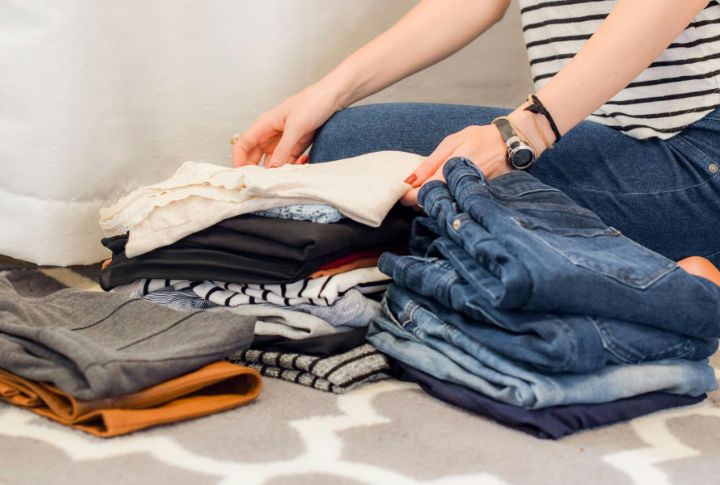
Take time to go through your belongings and decide what to keep, donate, or discard. This process can be liberating, as it allows you to let go of items that no longer serve a purpose. Start small by focusing on one room or area at a time to make the task less overwhelming.
Create Clear Pathways
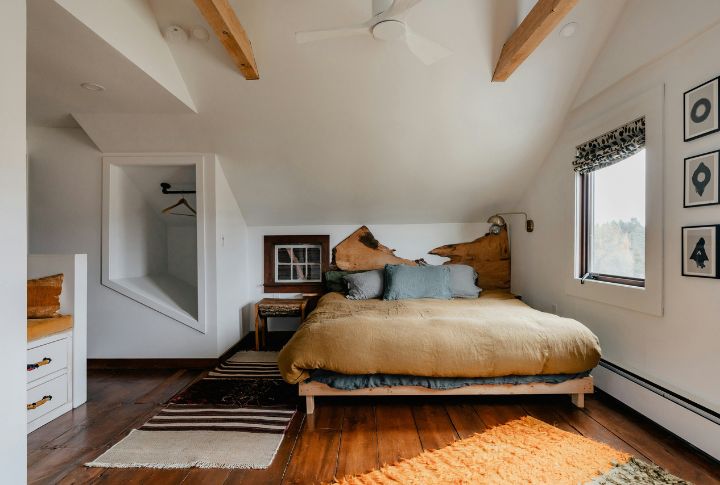
Safety is of utmost importance in any home, especially as we age. To prevent trips and falls, ensure that pathways throughout your home are clear of obstacles. Move furniture to create wider walkways, and remove any items that could cause hazards, like loose rugs or cords on the floor. Use non-slip mats in kitchens and bathrooms.
Use Storage Solutions
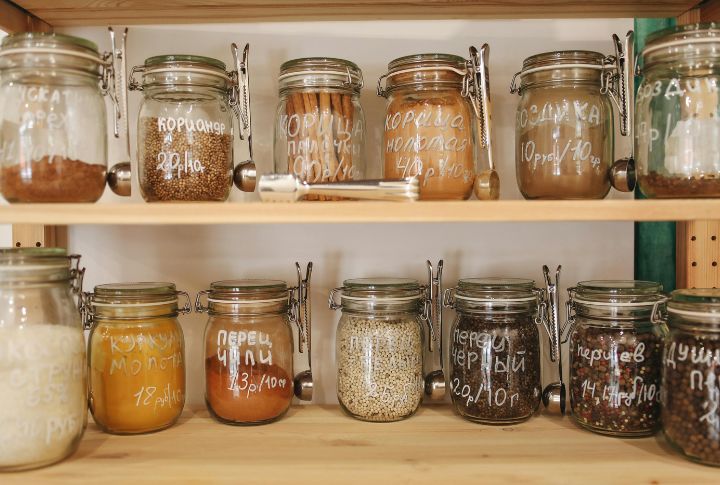
Investing in effective storage solutions can significantly enhance your home’s organization. Use bins, baskets, and drawer dividers to keep items sorted and easily accessible. Label containers clearly so you know where everything belongs—this makes finding things much easier! Consider vertical storage options like shelves to maximize space without crowding the floor.
Keep Frequently Used Items Accessible
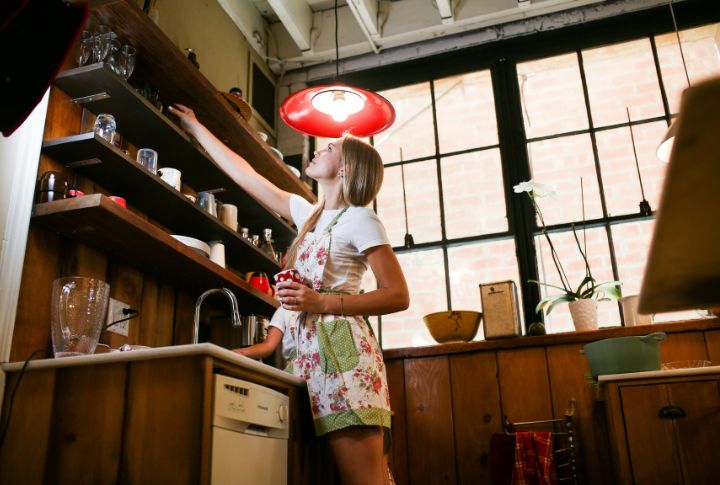
As you organize your home, prioritize keeping frequently used items within easy reach. Store everyday essentials like medications, cooking supplies, and personal care products at waist height to avoid unnecessary bending or stretching. This simple adjustment can make daily tasks much easier to handle and lower the chance of strain or injury.
Organize Your Kitchen
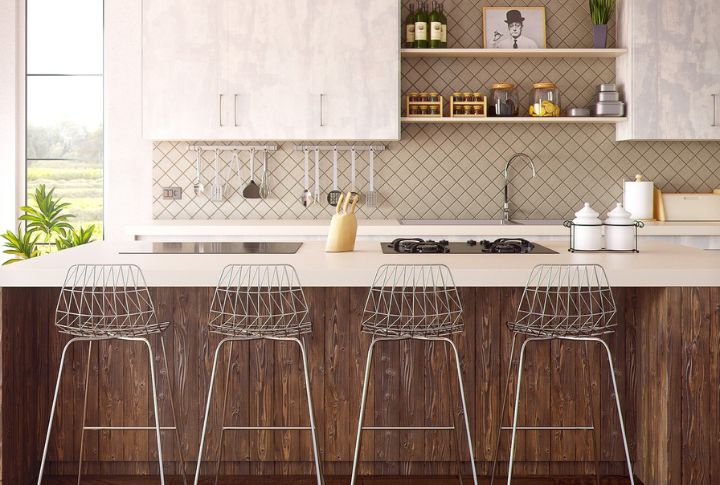
A well-organized kitchen can make cooking enjoyable and safe! Start by decluttering your pantry and refrigerator—discard expired items and consolidate what you have. Arrange kitchen tools so that the most-used items are easy to grab. Use drawer organizers for utensils and pots. Keep frequently used spices at eye level for quick access while cooking.
Designate a Command Center

Creating a designated command center can make staying organized so much easier! Pick a spot in your home where you can keep important documents like bills, medical records, and schedules all in one place. Employ folders or binders to keep everything neat and easy to find when it’s time for bills or appointments.
Make Use of Vertical Space
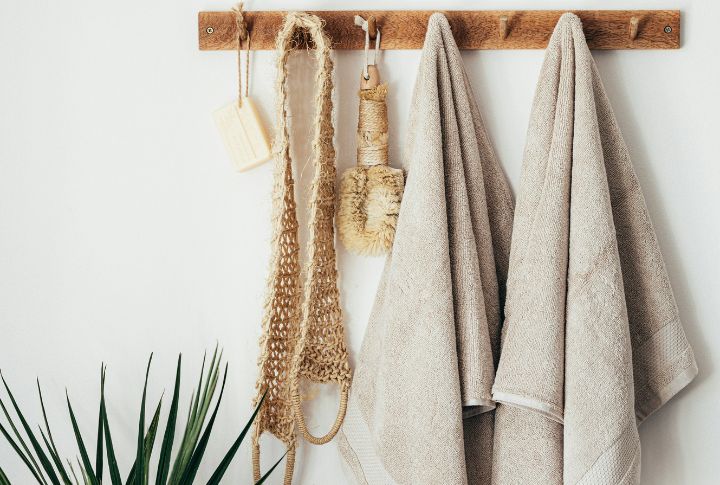
Remember vertical space when organizing your home! Putting up shelves or wall-mounted racks clears floor space while giving you extra storage options for books, plants, or decorative items. Try using hooks for hanging coats or bags near entryways; this keeps them off the floor and easily accessible when heading out the door.
Simplify Your Closet
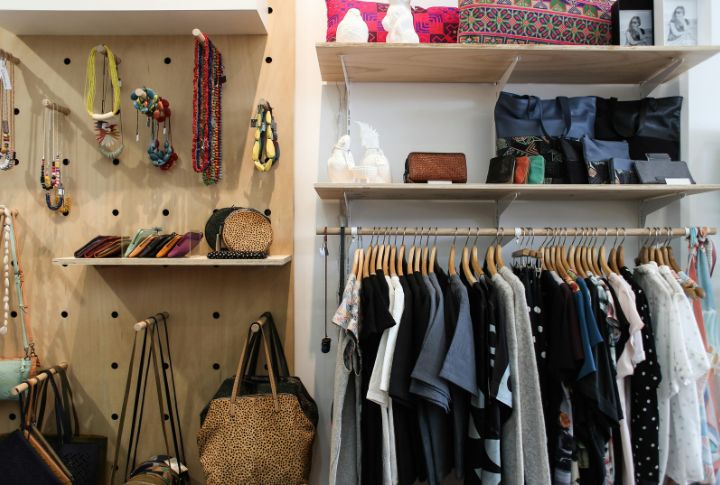
A tidy closet can help maintain an orderly home environment. Begin by sorting through clothes you haven’t worn in ages and donating what’s still in good shape. Matching hangers give your closet a neat look, and shelf dividers help keep things organized. Store seasonal items in labeled bins on higher shelves to free up space.
Optimize Bathroom Storage
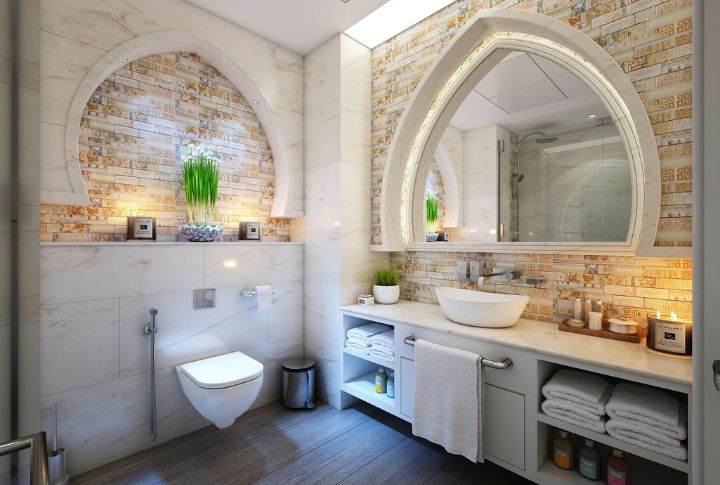
Bathrooms can quickly become cluttered with expired toiletries or rarely used products. Go through your bathroom cabinets regularly to discard anything that’s no longer needed—this will free up valuable space! Add shelves above the toilet or try over-the-door organizers for more storage space. Leverage drawer organizers to keep your makeup and personal care products in order.
Create a Cleaning Schedule

You need regular maintenance to keep your home organized. Establish a cleaning schedule to ensure tasks are completed consistently without feeling overwhelmed. Break down chores into manageable daily or weekly tasks; this way, you won’t have to spend an entire day cleaning! Ask family members or friends to help if possible.
Label Everything
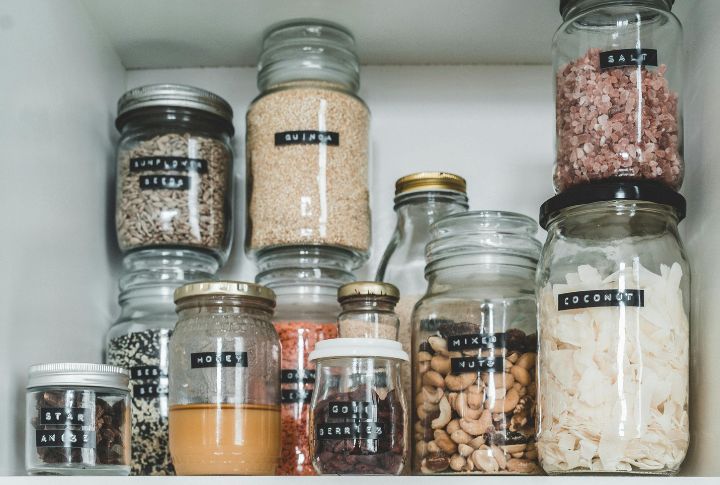
Labels can be incredibly helpful in organizing your space effectively! Whether you’re storing boxes in the attic or organizing kitchen cabinets, clear labels help everyone know where things belong—this is especially helpful if multiple people share the space! For a polished look, you can use simple stickers or a label maker.
Embrace Minimalism
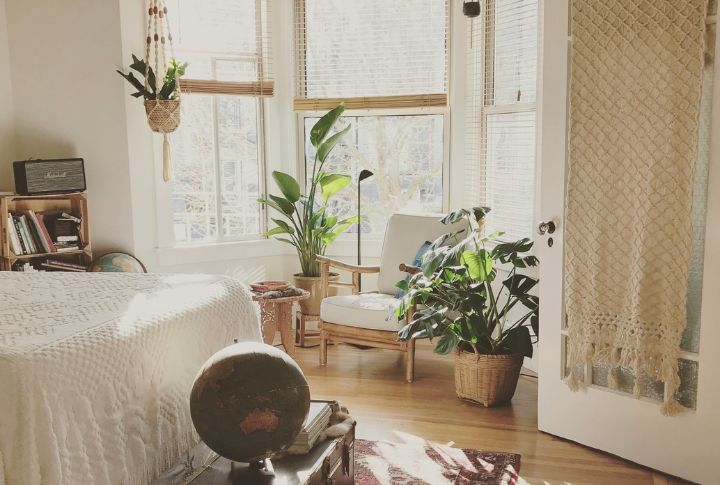
As you age, embracing minimalism can make your home feel much more peaceful! Only keep what truly brings joy or serves a purpose—this helps cut down on clutter and makes your space more satisfying. Try the “one in, one out” rule: whenever you add something new, let go of something old.
Invest in Quality Furniture
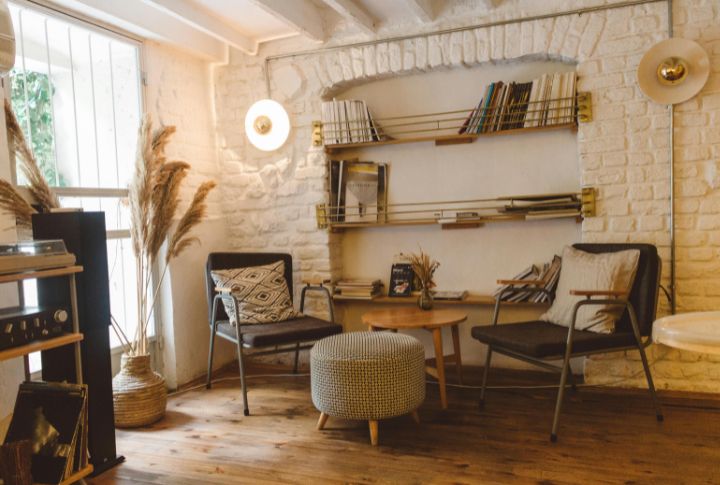
Your furniture is an essential part of your comfort and well-being. Start by choosing pieces that are both functional and comfortable. Opt for furniture like ottomans with storage inside or coffee tables that double as desks. Look for chairs with good support, like armrests and higher seat heights, to reduce strain on your body.
Plan for Future Needs

When organizing your home, think ahead about potential future needs as well. Consider how mobility challenges affect your daily life, and rearrange your furniture to make moving around easier later. Planning helps avoid significant adjustments down the line and makes transitions smoother if life changes unexpectedly.
Seek Professional Help if Needed

If organizing feels overwhelming despite your best efforts, ask for professional assistance. They can offer fresh, creative solutions for your home. Professional organizers will help you achieve a well-organized, functional, personalized, and stress-free living environment. They’ll save you time and stress by handling the details and ensuring nothing gets overlooked.

